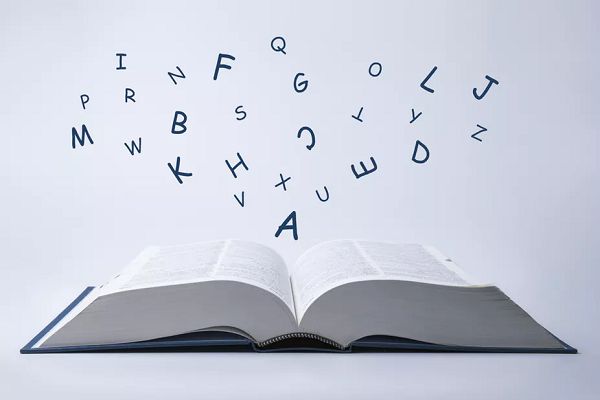
Mother tongue may be our development launch pad
Language is the feature that sets human beings apart from animals and establishes the rational nature of man to raise humans above animals. It enables individuals to reason and is, in fact, partly what makes man fully human.
Indeed, the growth of civilisations has become possible because of the use of language.
Advertisement
It stands to reason, therefore, that in order to understand the way of life of people who lived in the past to be able to build on what they achieved, there is the need to study and understand the written documents of those people.
Many scholars have posited that language develops with the rise and development of a society. Perhaps the most instructive postulation is that language dies when a society dies.
Therefore, per this theory, there can be no society if there is no language.
It is also worthy of note that the relationship between humans and their society is so intimate that it is almost impossible to detach humans from the social environment in which they are born and nurtured into adulthood.
No wonder, therefore, that the first language of an individual or the mother tongue (L1) has been established as being very instrumental and occupying a central place in second language acquisition and the acquisition of educational concepts generally.
Over the years, Ghana has gradually shifted from studying and learning its local languages, to the extent that the educated Ghanaian can hardly speak one sentence in a local language without interspersing it with a foreign language, mostly English.
Unfortunately, society has equated intelligence and being well-educated to one’s ability to speak the English language.
Our schools are one of the worst culprits, as, instead of encouraging the use of the local languages, they rather subject schoolchildren who speak the local languages in schools to severe punishment.
It is sad that people who are well versed in the local languages are referred to as “local”.
In schools, there are many derogatory names given to such students.
Thankfully, sensitisation and education are gradually creating awareness of the indispensable nature of the L1.
The Daily Graphic thinks many students will find it easier to grasp the seemingly complex mathematical and scientific formulae and theories if these concepts are taught in Twi, Ga, Ewe, Fanti, Nzema, Dagaare or any of the local languages.
It is a truism that our slow pace of development can partly be blamed on our refusal to effectively use the L1 in our educational enterprise and development efforts, as it is no secret that countries that have used their local languages have developed faster.
It is not surprising that the current generation is copying all foreign things negative; they cannot identify themselves with their society because of our failure to teach them their L1.
Against the background that about 25 out of the 5,000 languages globally die every year, something needs to be done urgently and decisively to teach our children the local languages.
It is in this vein that we appreciate the advocacy efforts of the Bureau of Ghanaian Languages and the government for the good intention to incorporate the teaching of Ghanaian languages at all levels of education.
We also commend the United States Agency for International Development for its Early Grade Reading and Math (EGRM) project that saw Ghana coming out first among 13 countries in the ability of school pupils to read in both the Ghanaian and the English languages (see page 40).
The Daily Graphic admonishes parents to teach their children their local languages and not lose sight of the fact that when a language dies, a society dies.



